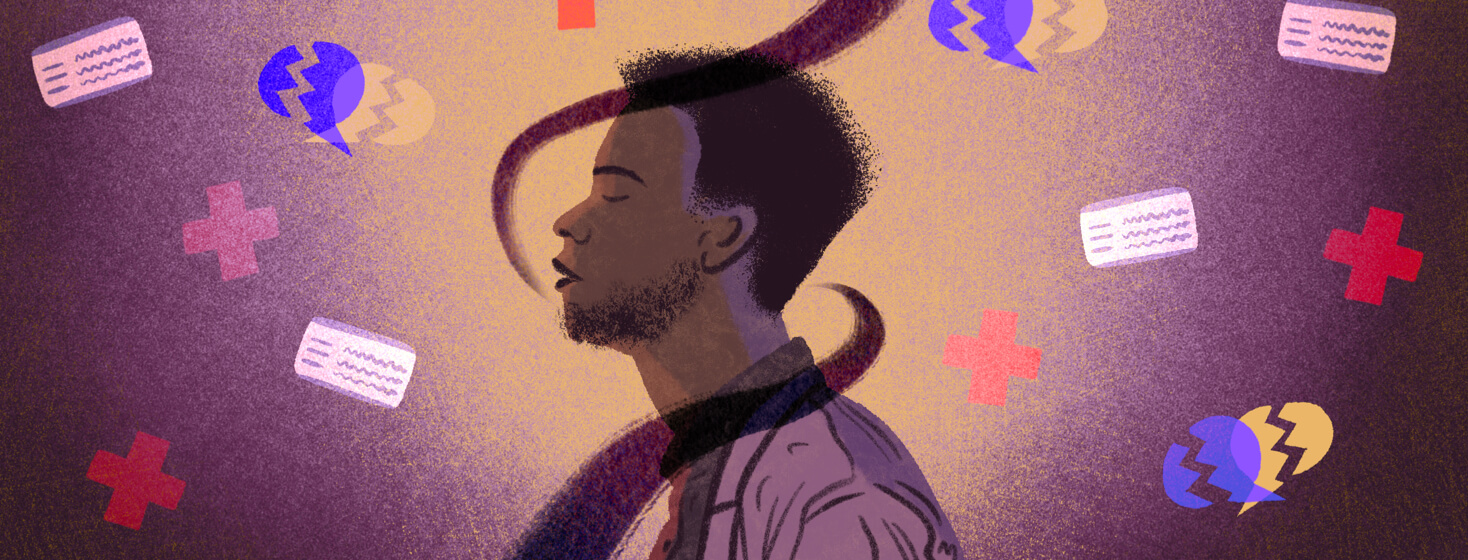Epilepsy In the Black Community
Epilepsy can affect anyone no matter their age, gender, ethnicity, or race. However, Black people living with the condition face unique challenges when it comes to diagnosis and care.
Black people and active epilepsy
A 2015 report from the Centers for Disease Control and Prevention (CDC) finds that around 3 million adults in the United States have active epilepsy. Black adults make up about 13 percent, or roughly 400,000 people, of those with the condition.1
On the surface, that may not seem like a large number. But when you look at the CDC’s age-adjusted rates, Black Americans have a much higher rate of active epilepsy than other groups. They also have a greater chance of:1-3
- Death compared to people with epilepsy from other racial and ethnic backgrounds
- Falling ill with epilepsy over a lifetime, called lifetime prevalence
- Having status epilepticus, a serious condition where a seizure lasts for 5 minutes or longer and can be life-threatening
Every year, doctors diagnose more than 20,000 Black people with epilepsy. Active epilepsy means a doctor has diagnosed you with the condition. You may also take epilepsy medicine to manage the condition or had 1 or more seizures in the past year (or both).3
Racial differences in epilepsy care
Scientists have not closely studied epilepsy care in the Black community. But what they have found shows inequalities related to race and ethnicity. Their results align with medical care in the United States for other health conditions.
A 2016 study looked at racial differences in emergency department visits for seizures. Researchers found that, compared to white people, Black people with epilepsy are:4
- Less likely to have regular outpatient care
- More likely to use the ER for seizure care and make multiple trips
- More likely to say the reason for an ER visit is because they missed doses or ran out of epilepsy medicine
- More likely to rely on public health insurance programs like Medicaid and Medicare
Despite insurance status, doctors are less likely to admit Black people living with epilepsy to the hospital. According to a national survey, doctors may also order brain and nerve imaging tests for Black people with epilepsy less often than for white people.5
Researchers say all of this data suggests a racial gap in epilepsy care. For example, Black people living with epilepsy may have less access to care for their condition compared to white people.
So what is behind this racial disparity? One small study found 4 major barriers to better epilepsy care for Black people living with the condition:6
- Money
- Epilepsy education
- Poor communication with doctors
- A lack of social support
Another possible barrier in epilepsy care is a lack of trust in doctors. Research shows Black patients are more likely to mistrust their doctors. And when you lack confidence in your medical care, you are less likely to stick with a treatment plan.
Overcoming these hurdles is a crucial step to equal access to healthcare across races. It is also critical to allow Black people with epilepsy to manage their condition better and live long, healthy lives.

Join the conversation